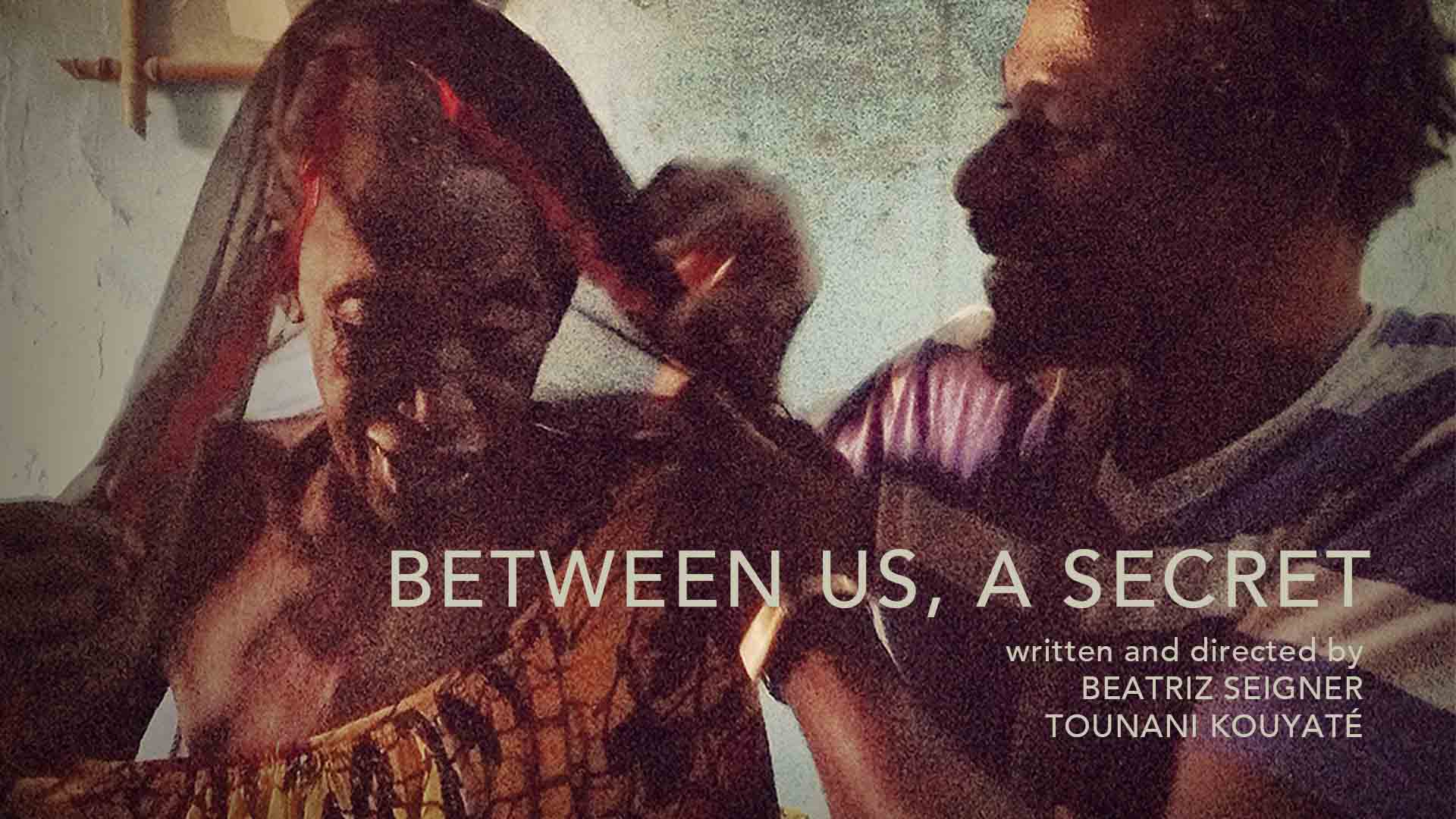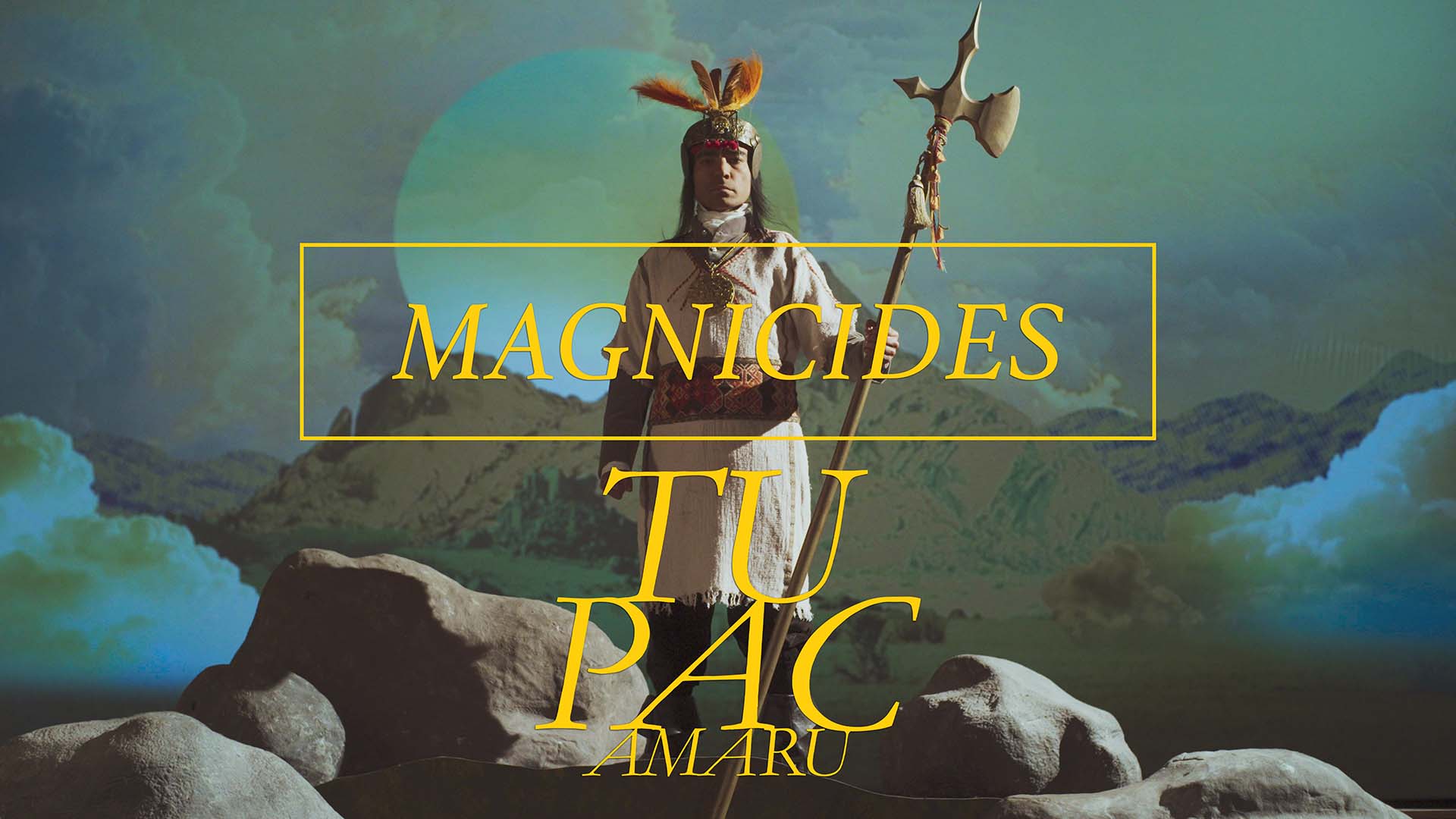The Forgotten Boys of Brazil
(Menino 23 - Infâncas Perdidas no Brasil)
Belisario Franca | Documentary
2016 | 79 minutes | Brazil
During the 1930s, fifty black boys were taken from an orphanage in Rio de Janeiro and led to a farm where they were identified by numbers and subjected to slave labor by a family that was part of the political, military, and economic elite of the country while proclaming their affinity for the Nazi ideology.
Synopsis
The Forgotten Boys of Brazil follows the research of historian Sidney Aguilar, beginning with the discovery of bricks marked with Nazi swastikas on a farm in the countryside of São Paulo. The documentary reveals something really frightening: during the 1930s, fifty black boys were taken from an orphanage in Rio de Janeiro and led to the farm where the bricks had been found. There, the boys were identified by numbers and subjected to slave labor by a family that was part of the political, military, and economic elite of the country. This family did not hide their affinity for the Nazi ideology.
At the time, Brazil had the largest German population, with 100,000 German-born people and a community of 1 million people of German descent. 2,822 were members of the Nazi Party. Such context helped Brazil become a safe haven for Nazi war criminals after WWII when 20,000 Germans settled there. The most notorious fugitive to settle in Brazil was Dr. Josef Mengele.
Two survivors from this Brazilian tragedy, Aloísio Silva (the "boy 23") and Argemiro Santos, as well as the family of José Alves de Almeida (known as 'Two'), reveal their stories for the first time.
Reviews
"Franca's film is at its most arresting when it parallels America's own racial unrest." — LA Weekly
"A fascinating and disturbing true-life tale." — The Hollywood Reporter
"Input from historians, political scientists and other observers, as well as archival footage and photos, and impressionistic reenactment bits, round out this resonant, not untimely portrait of a dark and frightening chapter in Brazil's past." — Gary Goldstein, Los Angeles Times
Citation
Main credits
Franca, Belisario (film director)
Franca, Belisario (screenwriter)
Cunha, Maria Carneiro da (film producer)
Lenti, Bianca (screenwriter)
Other credits
Cinematography, Lula Cerri, Mario Franca, Thiago Lima; editor, Yan Motta; music, Armand Amar.
Citation
Cataloging
Pragda subjects
Afro-Latin Studies
Criminal Justice
Culture + Identity
Economics + Social Class Issues
Fascism + Repression
History
Human Rights
Latin American Studies
Race + Ethnicity
Sociology
South America
Keywords
Clips
Festivals
Cine Ceará: Ibero American Film Festival - Best Montage, Best Script
United Nations Association Film Festival; Encounters South African International Documentary
Ischia Film Festival Italy
Kunta Kinte International Festival Colombia
DIRECTOR: Belisario Franca
NATIONALITY: Brazil
YEAR: 2016
GENRE: Documentary
LANGUAGE: Portuguese
COLOR / B&W: Color
GRADE LEVEL: High School, College, Adults
SUBTITLE/CC: AVAILABLE
AUDIO DESCRIPTION: NOT AVAILABLE
Existing customers, please log in to view this film.
New to Pragda? Register to request a quote.
Related Films

Present Tense, Ep. 07 - Racist Inequality
Desigualdade racista

At the Gates of Hell, Ep. 01 - Broken Children - Colombia
Niños rotos - Colombia

Secrets from Putumayo
Segredos do Putumayo

Black in Latin America, Ep. 03 Brazil: A Racial Paradise?

Present Tense, Ep. 06 - Black Genocide
Genocídio negro

The Dangerous Memory, Ep. 01 - The Indian Protection Service Scandal
O escândalo do serviço de proteção aos índios

The Metal Stork
La cigüeña metálica

Between Us, a Secret
Entre nós, um segredo

Magnicides, Ep. 01 -Tupac Amaru

The German Neighbor
El vecino alemán

Unconscious Revealed
Inconscientes revelados

City of God - Ten Years Later
Cidade de deus -10 anos depois
Related Collections

The Pragda Complete Film Collection
The essence of Spain and Latin America captured in their original language with English captions or subtitles.
Number of titles: 792
SEE COLLECTION >
Social Justice
A thought-provoking collection of films centered on social justice, each narrative a powerful exploration of human rights, equality, and the pursuit of a more just society.
Number of titles: 106
SEE COLLECTION >
Labor Lens: Work and Society
A cinematic exploration of the complexities, struggles, and triumphs of the working world, showcasing the diverse narratives and experiences that shape our understanding of labor and its context.
Number of titles: 238
SEE COLLECTION >
Afro-Latin Narratives
Unveiling Afro-Latin America: their culture, challenges, and the profound contributions of their communities.
Number of titles: 74
SEE COLLECTION >
Repression and Resistance
An exploration of Spain and Latin America’s authoritarian regimes and the movements that fought against them.
Number of titles: 134
SEE COLLECTION >
Portuguese Language Films
A journey through Brazilian cinema celebrating the musicality of the Portuguese language and the country’s cultural heritage.
Number of titles: 137
SEE COLLECTION >
Documentary Chronicles
A truthful examination and captivating glimpse into the complexities of the region.
Number of titles: 498
SEE COLLECTION >
Criminal Justice
A riveting selection of films that provoke conversations on topics such as wrongful convictions, systemic issues, life in prison, and the human stories behind crime and punishment.
Number of titles: 159
SEE COLLECTION >


